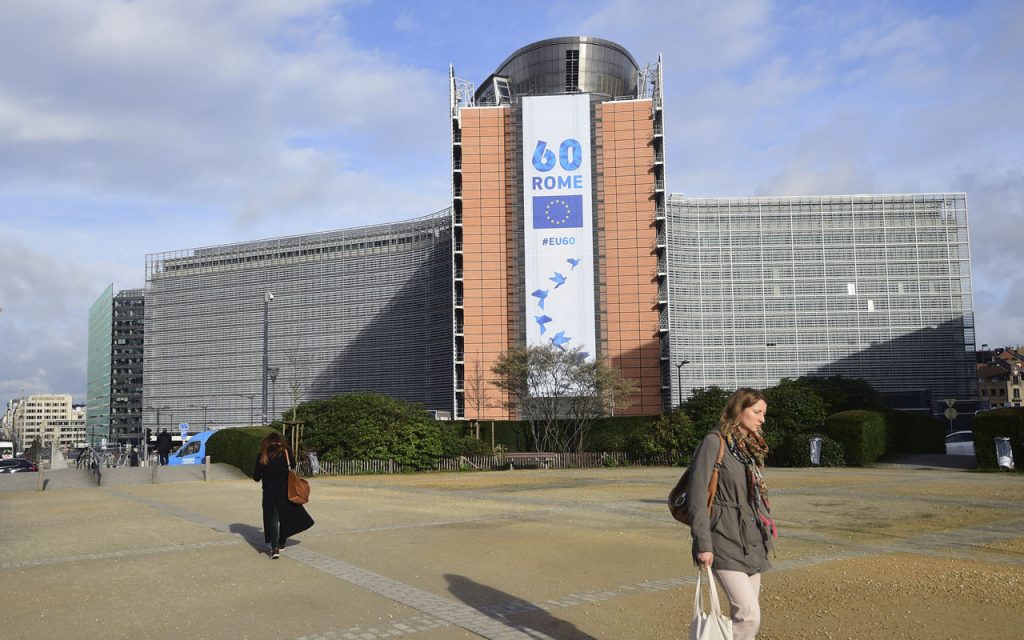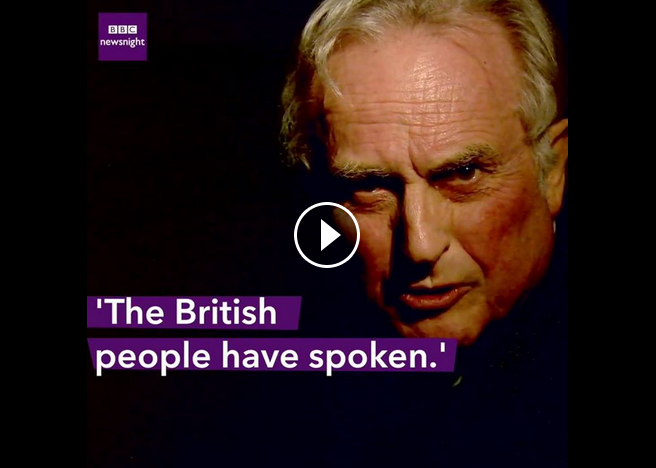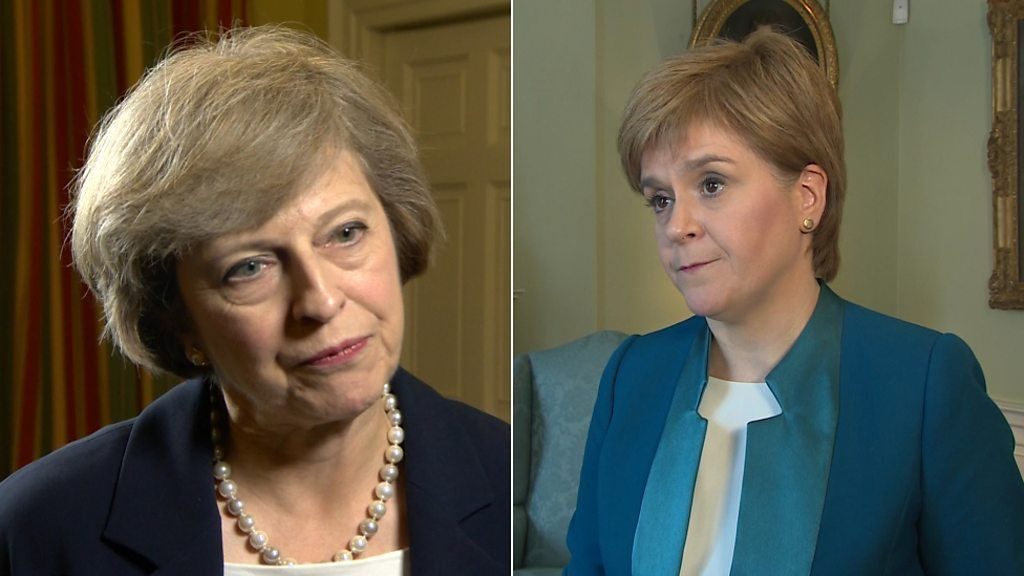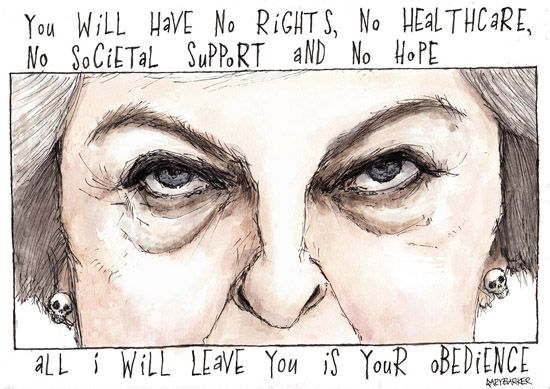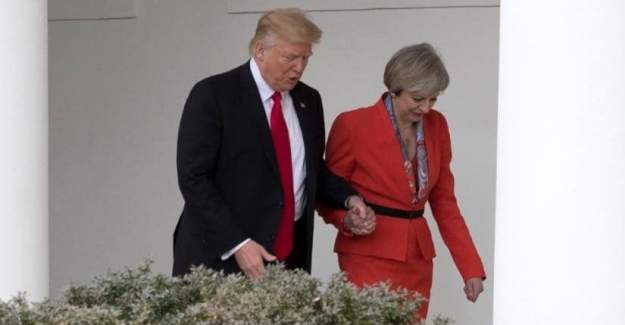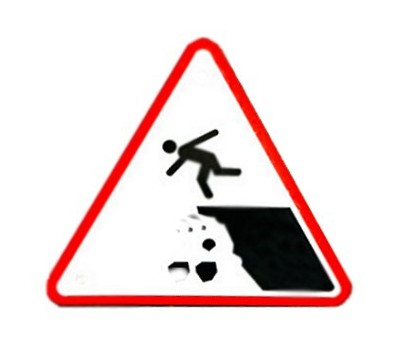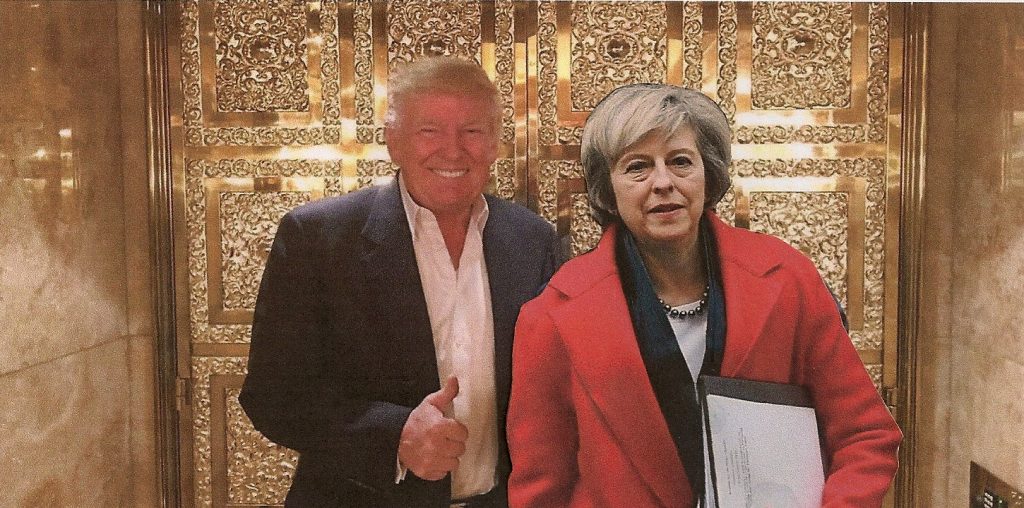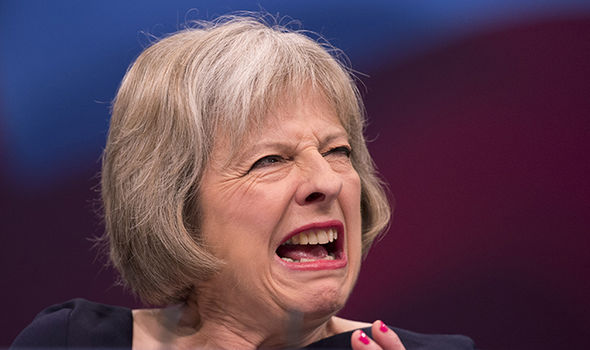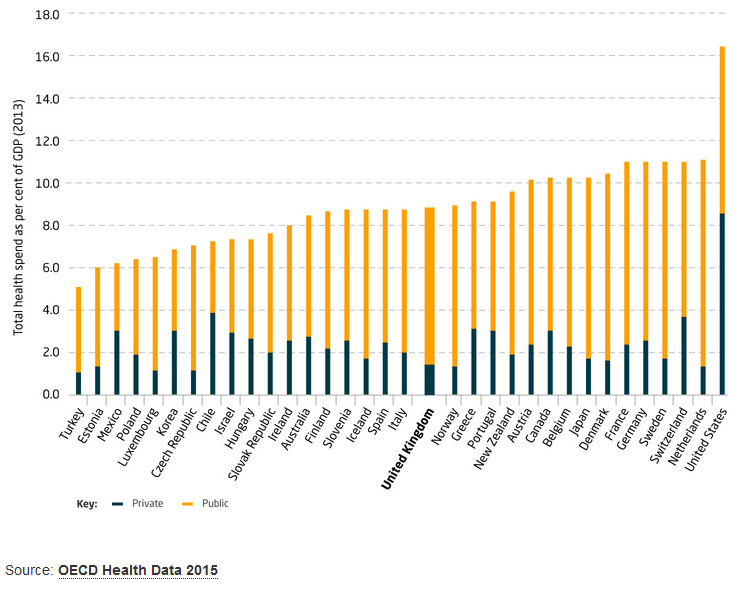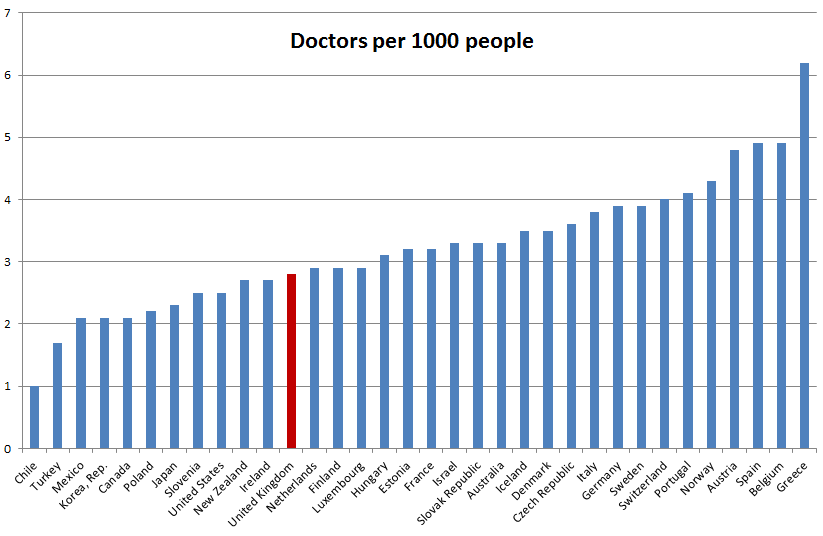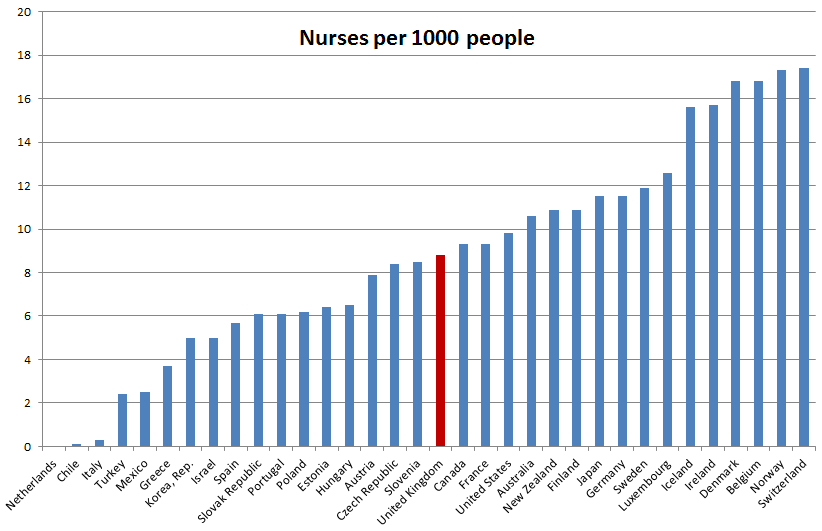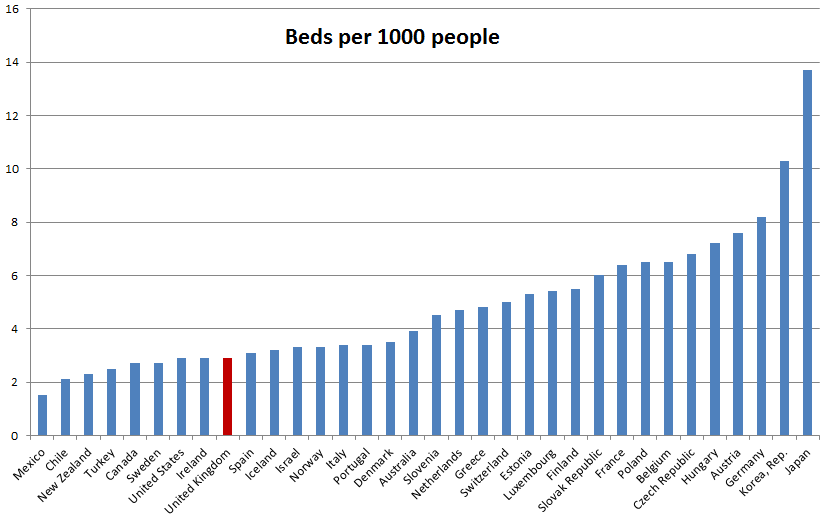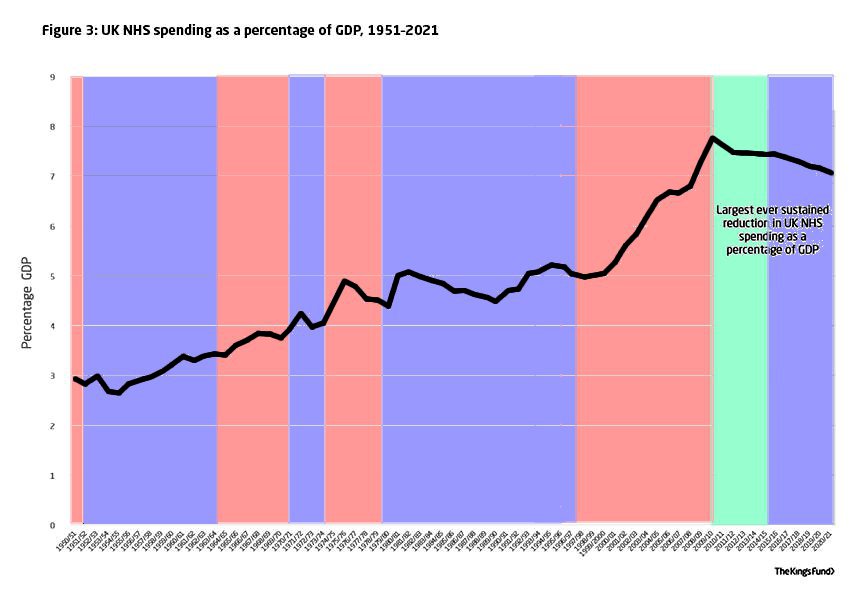As I left home this morning, the sky was grey and overcast. It had just stopped raining, but there were occasional periods of intermittent drizzle: you know, the kind of “will it, won’t it” weather only too familiar in Britain. The weather matched my mood exactly. On the day the UK Government’s letter triggering Article 50 reaches Brussels, the weight of history hung over me like an oppressive dark grey cloud hanging low in the sky.
 My thoughts were as gloomy as the portentous weather. How will future generations ever forgive us for an act that Michael Heseltine called “the worst peace-time decision taken by any modern post-war government”. Quite. (Things must have reached a spectacularly low point when I’m quoting Thatcher’s former Defence Secretary in support of my argument!)
My thoughts were as gloomy as the portentous weather. How will future generations ever forgive us for an act that Michael Heseltine called “the worst peace-time decision taken by any modern post-war government”. Quite. (Things must have reached a spectacularly low point when I’m quoting Thatcher’s former Defence Secretary in support of my argument!)
The death of the liberal Britain that I have been comfortable to call my own will be a slow and agonizingly drawn-out process. The delusional fantasies of the implacable Europhobes (including those in the Cabinet) will soon hit the immovable object of 27 other countries’ demands and those of the EU institutions. The shits will hit – not the fan, exactly – but the rock of opposition. What will follow won’t be pretty. It’s probably only a matter of months before the hardcore Leavers will start to look around for someone else to blame. So, too, will those who believed – or colluded with – their lies.
Add to this the EU-hating press. The drip-drip poison from the pages of the Mail, Express, Sun and Telegraph will grow into a steady and corrosive flow of bile and invective. Public discourse – which already hit rock-bottom during the referendum campaign – will sink to even lower levels. Social media and the Twittersphere will become even more of a sewer of hatred. Expect a further increase in hate crime. The pound and the economy will take a dive – those who predicted this would happen already were wrong, but these are unprecedented times. It’s a matter of when, not if. Staff shortages, particularly in the NHS and in agriculture, will add to the pressure of NHS spending cuts and supermarkets’ abuse of their bargaining power against the farmers.
And, of course, it will be the poor and vulnerable who will take brunt of the fallout from all this. Keir Starmer has said some sensible things about Labour’s “red lines” in relation to workers’ rights and living standards. Other than that, I don’t see anyone coming to their rescue. On the contrary, it creates scope for opportunist populists to wreak further mischief. None of which is an endearing prospect.
On this day, Prime Minister May has called for the whole country to unite. To be fair to her, she has signed a letter to President Tusk that is reasoned and fair-minded in tone and content. But to unite behind this ragbag bunch of intellectual pigmies, moral cowards and deluded fantasists masquerading as the UK government? No way, May. No way. It would take a far, far greater person than you are, or will ever be, to make me unite behind that.
